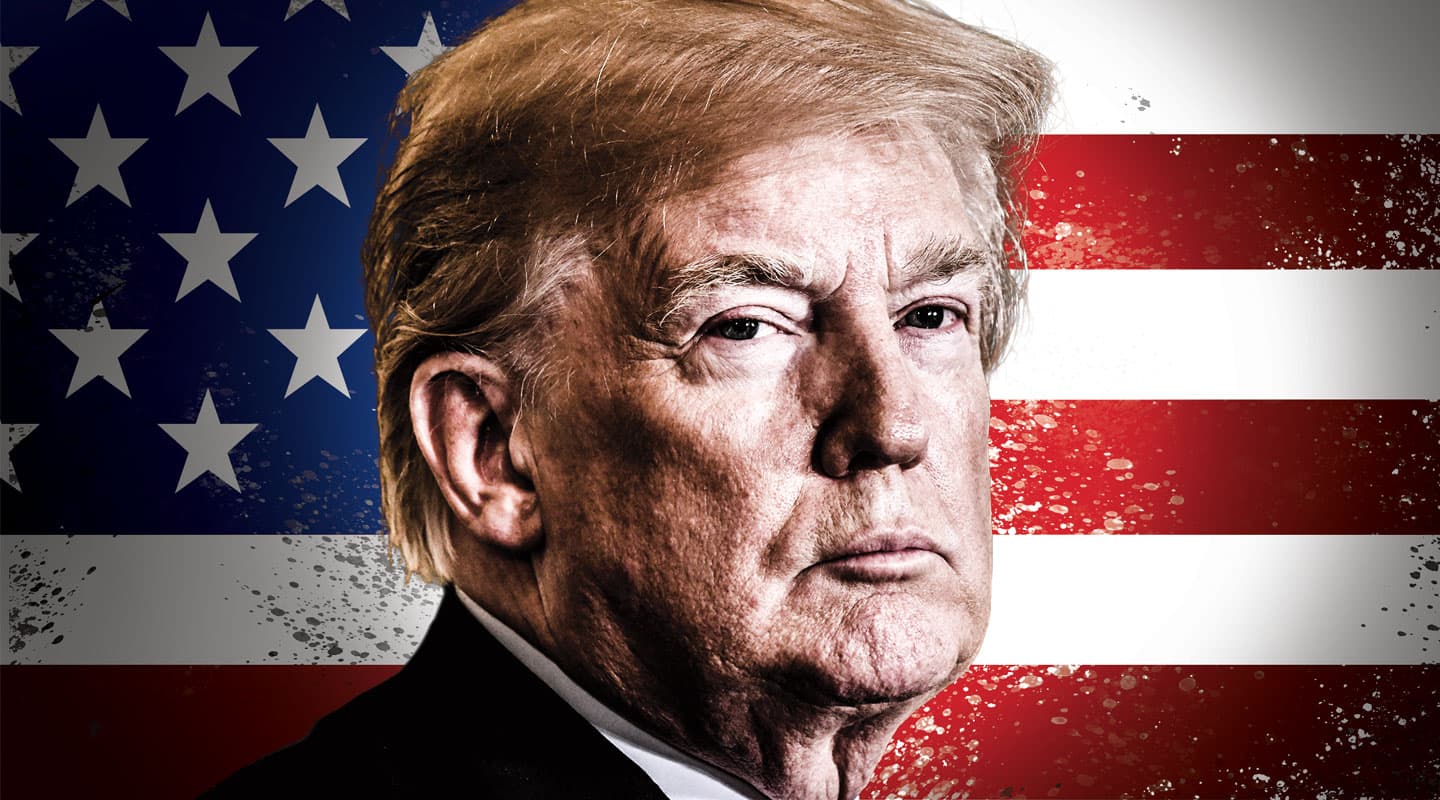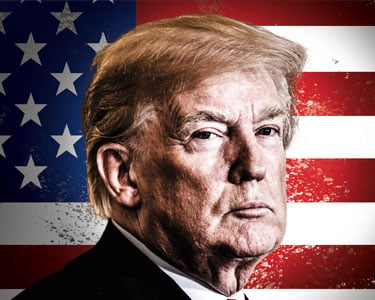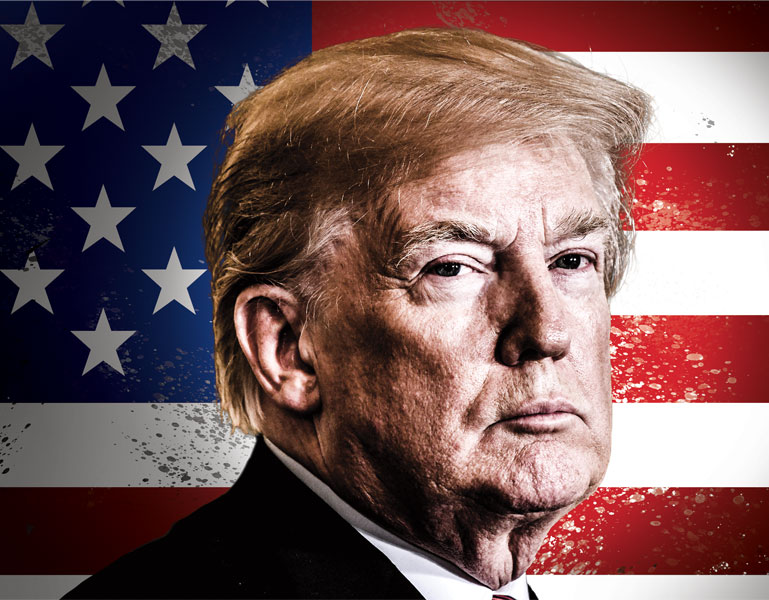You’ve probably been hearing a lot about how President Donald Trump is being investigated and could be removed from office. This fall, the U.S. House of Representatives launched a special examination of the president’s actions, known as an impeachment inquiry. The goal is to determine whether Trump abused his power for personal gain, putting his interests before the country’s. This is a big deal. He is only the fourth president in U.S. history to be investigated this way (see slideshow, below).
The inquiry is looking into accusations that Trump pressured another country to help with his reelection in 2020. That country, Ukraine, relies on the U.S. to help pay for its military defense. White House records show Trump asked Ukraine’s president to investigate former U.S. vice president Joe Biden. Biden is running for U.S. president as a Democrat.
It is unconstitutional to ask another country to intervene in a U.S. election, Speaker of the House Nancy Pelosi said in her speech announcing the inquiry. “The president must be held accountable. No one is above the law,” she said.
Trump says he didn’t do anything wrong. He says he’s being targeted by House Democrats who disagree with his Republican policies.
So what happens next? If you’re like most people in America (including adults!), you likely find the whole situation pretty confusing. We’re here to help you understand it. Read on.
President Donald Trump is being investigated and could be removed from office. You have probably been hearing a lot about that. This fall, the U.S. House of Representatives launched a special examination of the president’s actions. This is known as an impeachment inquiry. The goal is to determine whether Trump abused his power for personal gain, putting his interests before the country’s. This is a big deal. He is only the fourth president in U.S. history to be investigated this way (see slideshow, below).
The inquiry is looking into accusations that Trump pressured another country to help with his reelection in 2020. That country is Ukraine. It relies on the U.S. to help pay for its military defense. White House records show Trump asked Ukraine’s president to investigate Joe Biden, a former U.S. vice president. Biden is running for U.S. president as a Democrat.
Nancy Pelosi is Speaker of the House. She gave a speech announcing the inquiry. In that speech, she said it is unconstitutional for a president to ask another country to get involved in a U.S. election. “The president must be held accountable. No one is above the law,” Pelosi said.
Trump says he did not do anything wrong. He says he is being targeted by House Democrats who disagree with his Republican policies.
What happens next? You might find the whole situation pretty confusing. So do most people in America. That includes adults! We are here to help you understand it. Read on.



